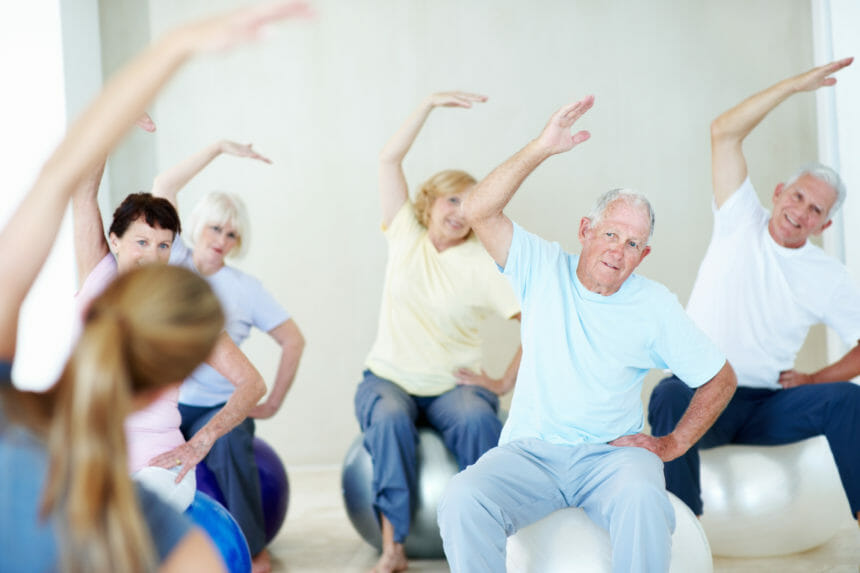
Staying active in old age may help memory and thinking, according to a study published Wednesday by Neurology, the medical journal of the American Academy of Neurology.
Researchers from Rush University Medical Center found that older adults who move more than average, either through exercise or routine physical activity such as housework, may keep more of their memory and thinking skills than those who are less active than average, even if they have brain lesions or biomarkers linked to dementia.
“We measured levels of physical activity in study participants an average of two years prior to their deaths, and then examined their donated brain tissue after death, and found that a more active lifestyle may have a protective effect on the brain,” Aron S. Buchman, M.D., the lead author of the paper and associate professor in the medical center’s neurological sciences department, said in a statement. “People who moved more had better thinking and memory skills compared to those who were more sedentary and did not move much at all.”
The study had 454 older-adult participants, 191 of whom had dementia and 263 who did not. All underwent physical exams and thinking and memory tests every year for 20 years. The researchers also collected seven days worth of movement data through wrist-worn devices that monitored participants’ physical activity around the clock.
The researchers found that higher levels of daily movement and better motor skills were linked to better thinking and memory skills. The study did not include types of physical activity, so it is difficult to determine whether one type of physical activity may be more beneficial than another, researchers said.
Additional research is needed to determine whether moving more really benefits the brain, however, Buchman said.
“Exercise is an inexpensive way to improve health, and our study shows it may have a protective effect on the brain, but it is important to note that our study does not show cause and effect,” he said. “It may also be possible that as people lose memory and thinking skills, they reduce their physical activity.”



